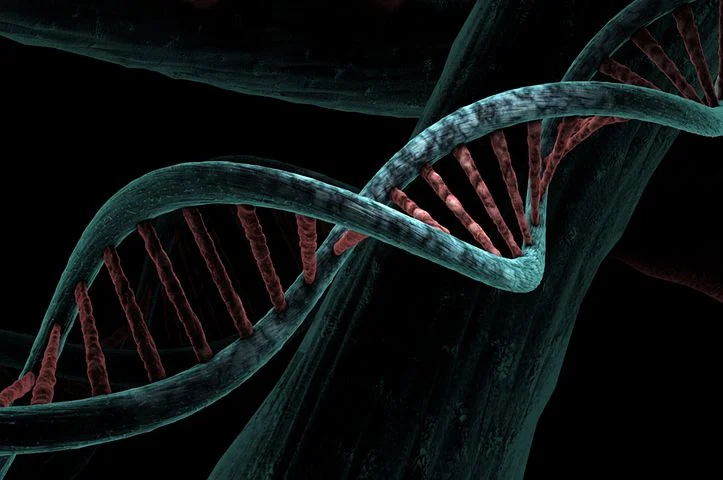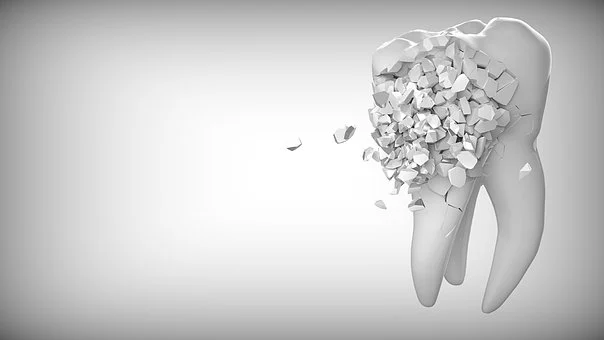Oral cancer is a type of #cancer that affects the tissues of the mouth, including the lips, tongue, cheeks, and gums.
While lifestyle factors such as tobacco use and heavy alcohol consumption are well-known risk factors for oral cancer, #genetics plays a significant role in the development of this disease.
Oral cancer is one of the most common cancers, and more than 90% of them are oral squamous cell carcinoma (OSCC). It may originate from any tissue in the mouth, but most commonly involves the tongue.
Genetic mutations and risk factors for oral cancer
Oral cancer is caused by genetic mutations that occur in the DNA of the cells in the mouth. These mutations can occur spontaneously or can be inherited from a parent.
Some of the genetic mutations associated with oral cancer include mutations in the TP53 and PTEN genes, which are known tumor suppressor genes that help regulate cell growth and prevent the formation of tumors.
Other risk factors for oral cancer include exposure to certain chemicals and radiation, as well as chronic inflammation of the mouth. In addition, certain viruses, such as the human papillomavirus (HPV), have been linked to the development of oral cancer.
Cancer genome alteration has attracted wide attention. Somatic mutations of many oncogenes have been proven to be related to the development, progression and recurrence of oral cancer.

Picture credit: https://doi.org/10.1016/j.adoms.2021.100026
Can we identify individuals at high risk for oral cancer?
Given the strong genetic component of oral cancer, genetic testing has the potential to identify individuals at high risk for developing this disease. This can help healthcare providers to develop targeted screening and prevention strategies to reduce the incidence and mortality rates of oral cancer.
Whole exome sequencing is a valuable tool for studying the mutation spectrum of cancer cells and identifying some new mutations in specific tumors.
“The most common mutation in oral cancer is different from other cancers “
Xun Chen
Here is a table that lists the top 20 mutation genes associated with oral cancer, along with their corresponding signaling pathways and functions:

It’s important to note that mutations in these genes may not be the sole cause of oral cancer and that other environmental and lifestyle factors, such as tobacco and alcohol use, can also contribute to the development of this disease.
A genetic test for oral cancer is the Oral Cancer Risk Assessment test, which analyzes an individual’s DNA for specific genetic mutations associated with an increased risk for oral cancer. This test can help identify individuals who may benefit from more frequent oral cancer screenings or lifestyle modifications to reduce their risk.
Another genetic test that may be useful for identifying individuals at high risk for oral cancer is the HPV DNA test, which can detect the presence of HPV in oral cells. HPV has been linked to an increased risk for oral cancer, and individuals who test positive for HPV may benefit from closer monitoring and earlier intervention if cancer does develop.
How does the knowledge of dental genetics help?
The knowledge of genetic mutation characteristics of oral cancer will help us in two ways:
- First of all, it will provide us with valuable genetic background information about the transformation of cancer cells.
- Secondly, we can study some genes with relatively high mutation frequency in these cells which have not been well studied in oral cancers.
It is necessary to evaluate the function of these genes and the changes they bring in oral tumorigenesis.
Understanding these genetic mutations is important for developing targeted treatment strategies for individuals with oral cancer. As our understanding of the genetics of oral cancer continues to evolve, we can hope to develop more effective strategies for preventing and treating this devastating disease.
Check out this beginner’s introductory e-book course




